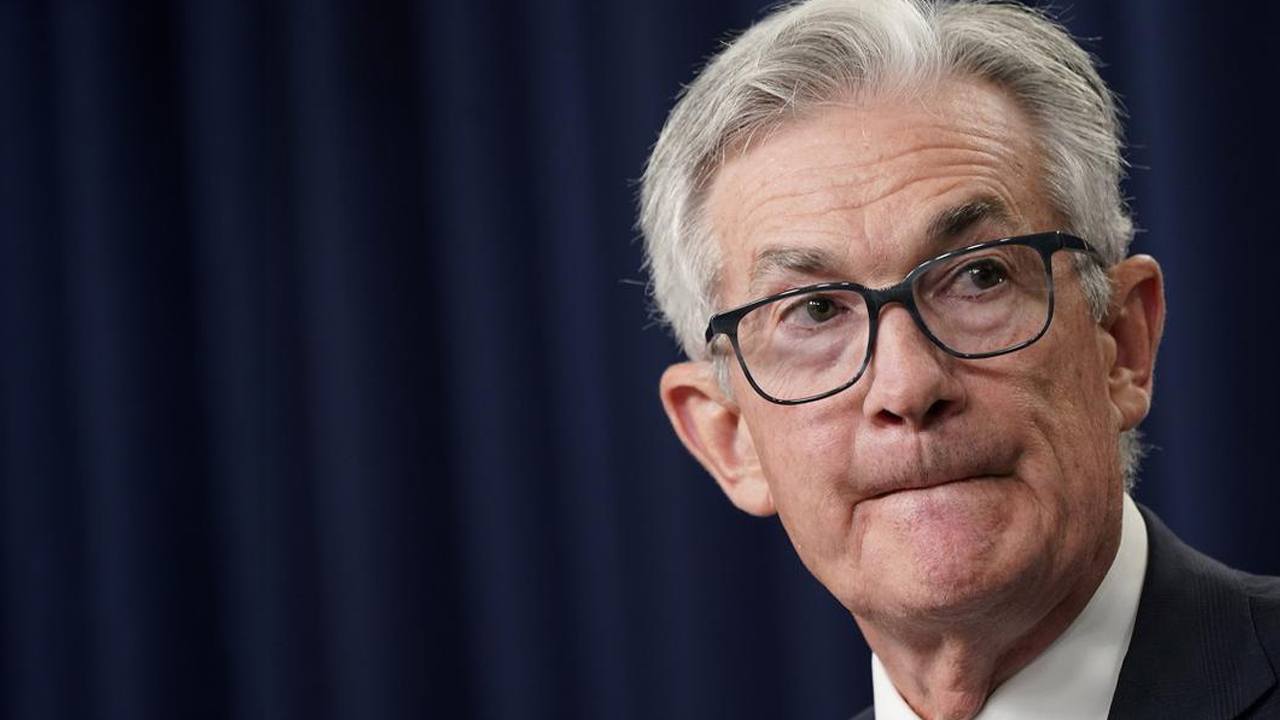The Eurozone’s inflation just hit a new low. The latest numbers show a drop to 2.2% in August, a three-year low. That’s down from 2.6% in July, and it’s exactly what economists were predicting, but the decline is still grabbing attention.
This dip might be pushing the European Central Bank (ECB) toward slashing rates in September. Core inflation, which leaves out volatile stuff like energy and food, also slipped to 2.8% from 2.9% in July. Again, right on target with what the experts predicted.

However, the Euro isn’t having a great day. After these numbers came out, the currency dropped 0.1% against the British pound, trading at 0.8408. Against the US dollar, it ticked up a tiny bit, just 0.04%, landing at $1.1083.
Traders are looking ahead to rate cuts from the Federal Reserve as well. Philip Lane, the ECB’s chief economist, has been hinting that more rate cuts are probably on the way.
He explained that holding interest rates too high for too long could mean inflation stays stuck below target for a while, adding it’s still uncertain if inflation will actually hit the ECB’s 2% goal anytime soon.
On the same page but a bit more cautious is Isabel Schnabel from the ECB’s executive board. She said she’s open to rate cuts too, but thinks the bank should “proceed gradually and cautiously.”
So, there’s a bit of a split in how fast and how far the ECB should go with cutting rates.

If both the ECB and the Fed decide to cut rates in September, it could set off some big moves in the crypto market. Lower rates usually mean cheaper borrowing and more money floating around, which could drive more people to invest in riskier assets like Bitcoin.
Market forecasts suggest a 65% chance of a 0.25% cut and a 35% chance for a half-point cut. Meanwhile, the ECB has about an 80% probability of trimming rates by 25 basis points.
This could create a friendly environment for cryptocurrencies because they thrive on a bit of market chaos. Lower borrowing costs can mean more cash flowing into the market, driving up demand for high-risk, high-reward investments.
Not everyone is convinced a rate cut is that magic bullet. Arthur Hayes, the guy who founded BitMEX, has some reservations. He thinks that rate cuts might not be enough if other currencies, like the yen, start getting stronger.

That could lead to the unwinding of carry trades, which would hit risk assets hard, including Bitcoin.
There’s also the broader market sentiment to consider. Even if the Fed and ECB cut rates, other macroeconomic factors could play a big role in determining Bitcoin’s fate.
For instance, if there’s a downturn or a financial crisis, rate cuts might not help as much as people hope. External factors, such as trade wars, geopolitical tensions, or even unexpected financial shocks, could—as they say—ruin the tour.





